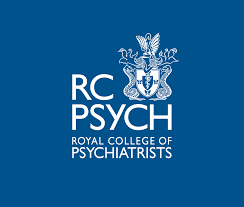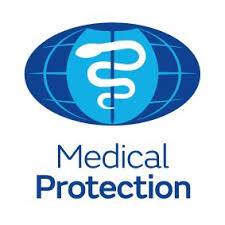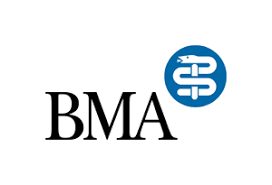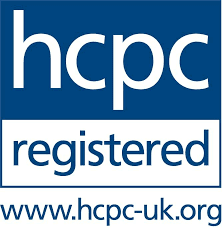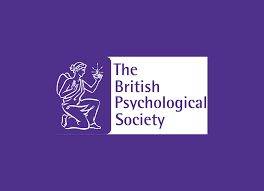OCD Online and Face to Face Assessment and Treatment

No waiting list
GP Referral Not Required
Payment in instalments
Obsessive compulsive disorder (OCD) is a mental health disorder in which a person gets trapped in a cycle of repetitive, unwanted irrational thoughts
Thoughts like something bad is going to happen or actions like repeated hand washing are symptoms of OCD. It usually presents in early to late teens.
Facts about Eating Disorders
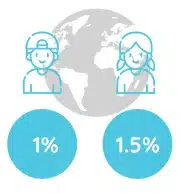
Globally
Lifetime prevalence rates of OCD are estimated to be at 1% for males and 1.5% for females worldwide
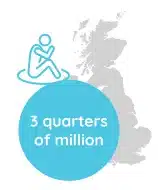
In the UK
Approximately 750,000 people suffer from OCD in the UK at any time
Our Patient’s Views & Reviews
For more information on our ocd services, please do not hesitate to get in touch with us.
You don’t need a referral to have an assessment for an eating disorder at Oaktree
Call us and a chat with our friendly knowledgeable administrative staff is all that is needed to book an appointment to see our expert psychiatrists, within one week. It is that simple.
Symptoms
- An obsession is an unwanted and unpleasant thought, image or urge that repeatedly enters your mind, causing feelings of anxiety, disgust or unease. This can include:
o Excessive worrying, counting or repeating words/phrases, intrusive and self doubting thoughts
- A compulsion is a repetitive behaviour or mental act that you feel you need to do to temporarily relieve the unpleasant feelings brought on by the obsessive thought.
o Excessive cleaning, repetitive checking, ritualistic touching, hand washing, arranging objects, hoarding
To diagnose OCD, the cycle of obsessions and compulsions need to be so extreme that they take a significant amount of time and get in the way of daily activities.
It’s cause is unclear but there appear to be some common factors including differences in the brain structure, a family history of obsessive or compulsive behaviours and significant events in life that cause intense stress at an early age.
These symptoms are often accompanied by feelings associated with General Anxiety Disorder, including an increased heart rate, shallow breathing, dizziness, tingly hands or legs and avoidance of certain situations. As a parent, it is important to remember that these thoughts and behaviours can often be distressing for young people. Encourage the child or adolescent to describe their fears and rituals. Seek support if there are few to no signs of improvement.
Costs for OCD Services Online and In Person
We have tried our best to make this process affordable for you by keeping our costs as low as possible. Compare fees with other providers here. Part payments are also available on our payment page with Klarna.

Treatments
We offer tailored online OCD therapy. Despite OCD being a significantly challenging condition, there are several ways to help alleviate the symptoms and maintain a positive quality of life. The level of severity of symptoms will often guide the treatment which can include individually or will include a mixture of the following:
Physical treatments:
- Antidepressant or Anxiolytic (Anxiety)
Psychological therapies:
- Exposure and response prevention therapy
- Cognitive behavioural therapy (CBT)
- Mindfulness

